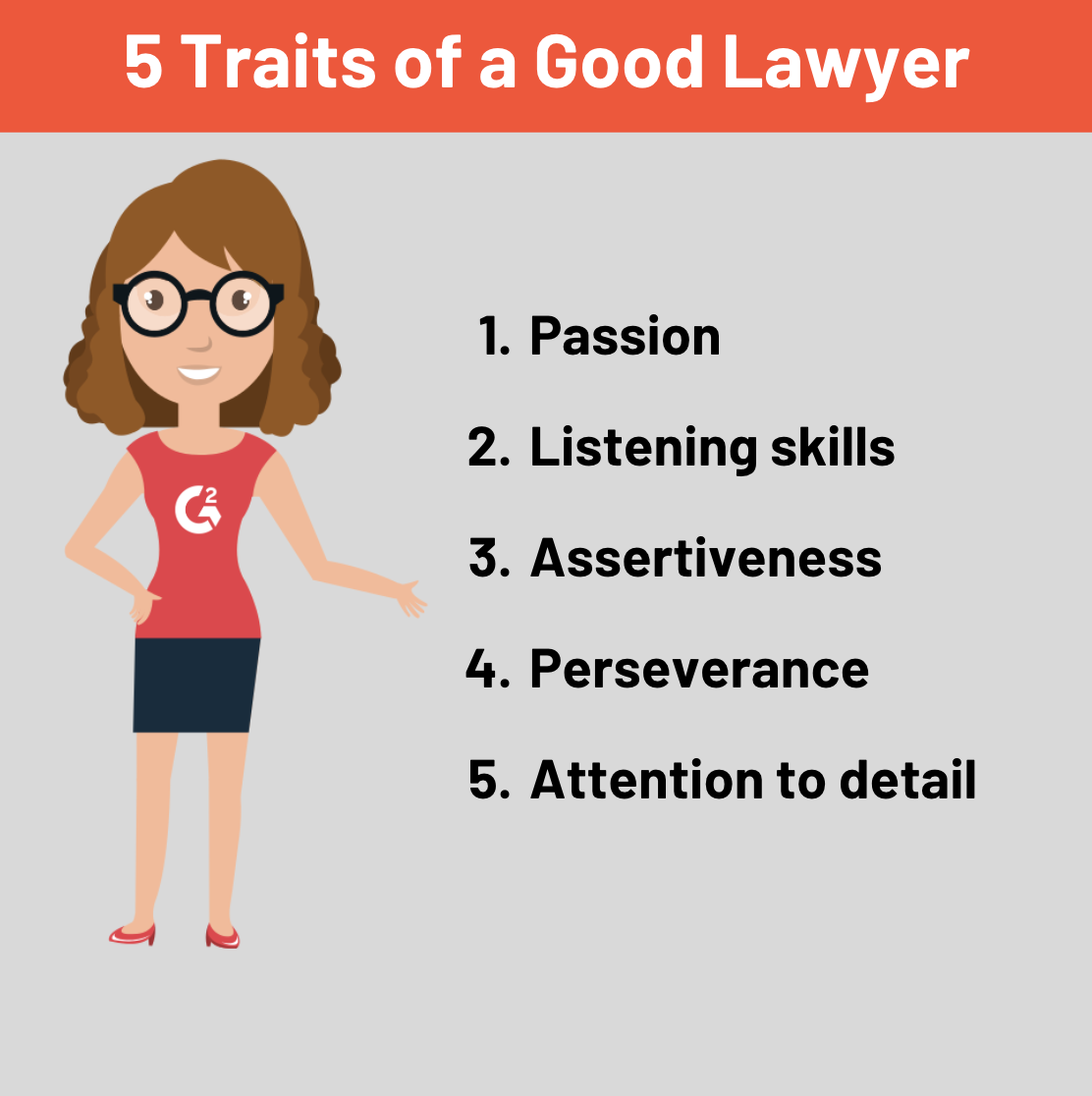Abiding by the law has wiggled its way into our daily routines.
Wearing a seat belt, picking up after our dogs, not trading a corporation’s stock or security with individuals that might have access to non-public information about the company.
Wait a minute. That last one doesn’t seem like something that occurs in the average person’s day to day life. Unless they work in a business where they need to abide by corporate law.
Corporate law basics
Corporate law refers to the laws, rules, and regulations that pertain to corporations. The laws involved regulate the rights and obligations involved with the business activities of a corporation, including formation, ownership, operation, and management.
What is the difference between business law and corporate law?
Business law covers issues like employment, contracts, and taxes. Corporate law, on the other hand, handles big picture concerns, such as buying decisions, mergers and acquisitions, and shareholders’ rights.
Corporations are unique in that they’re seen as completely separate entities in the eyes of the law. Although they can be made up of large groups of people (investors, owners, employees), corporations are treated as a single entity, meaning the laws deal with the business directly rather than the people within it. Essentially, the corporation is treated as a person.
What is a corporation?
To better understand the laws associated with corporations, let’s define the term.
A corporation is a company or group of people that act as a separate legal entity to conduct business. When someone owns shares of a corporation, they have limited liability. This means they are only responsible for the money they put into the business. If the business fails, they only lose the amount they invested and are not personally liable for the company’s debts.
Incorporating a business
A business gains corporation status when it incorporates, which is a legal process that separates the business’ assets from its owners and investors personal assets. Most businesses decide to incorporate because it protects their personal assets, allows for easy transfers of ownership, lowers the tax rate, and makes it easier to raise capital.
Characteristics of a corporation
There are five legal characteristics that make a corporation what it is.
| Legal personality: All resources from investors and owners are put into a separate legal entity. That entity can then use those assets to conduct business activities. |
| Limited liability: Owners’ and investors’ liability is limited to the amount of money they invested in the business. If a corporation gets sued, the owners and investors are not personally liable - the business is a separate legal entity. |
| Transferable shares: If an owner or investor no longer wants to be apart of a corporation, they can transfer their shares to someone else with little effect on the business. |
| Delegated management: The structure of corporations includes a board of directors and officers. The board of directors hire and monitor the officers and approve the decisions they make. The officers handle day to day operations. Both of these groups split decision-making authority. |
| Investor ownership: Investors help make decisions for the corporation, but they aren’t involved directly with running it. |
A business needs all of those characteristics to qualify as a corporation. All corporations are companies, but not all companies are corporations. The key factor that makes corporations unique is the independence from shareholders and owners.
¿Quieres aprender más sobre Software de Gestión Legal Empresarial (ELM)? Explora los productos de Gestión Legal Empresarial (ELM).
Purpose of corporate laws
Corporations are famous for raking in large amounts of money and holding a decent amount of power in a particular market. As they become more profitable and powerful, corporations can start to monopolize markets, meaning they become the exclusive provider of a particular trade, product, or service.
Corporate laws might seem as if they are in place to add hoops for corporations to jump through to do business. It is actually quite the opposite. Corporate laws are in place to maintain a fair market so new businesses can enter and compete with others. They keep all corporations on an even playing field by outlawing overly unpredictable business activities and behavior.
Corporate lawyers
Corporate lawyers work with corporations to make sure all of their transactions are legal by providing advice on their rights and obligations. Essentially, they work to make sure corporations are making decisions that provide the most benefit while remaining legal.
Corporate lawyers need to have extensive knowledge in contract law, tax law, intellectual property rights, bankruptcy, and any other branches of law that might affect the activities that a particular business is conducting. Because these areas of expertise are extensive, and the needs of a corporation in terms of abiding by the law are significant, they usually find the help they need at medium or large law firms. These firms have the resources and diverse talent that corporations need.

Corporations usually prefer to get all the help they need from one firm, which is another reason they go to medium or large firms because they have a wider array of experts. Corporations are constantly running into situations where they would prefer to make a decision with legal advice, so corporate lawyers can also expect to create a relationship with that business and almost act as a lawyer on retainer.
Rather than working with a separate firm, some corporations will decide to hire lawyers as permanent employees that work for them exclusively.
Common corporate law matters
Corporate lawyers can advise a business in any decision they ask for guidance on, but there are some issues that affect the organization more than others that would benefit from a corporate lawyer’s input.
Mergers and acquisitions
Mergers and acquisitions refer to transactions in which the ownership of a business is either transferred or combined with another entity. These actions involve the merging of two business’ assets, liabilities, and potentially the ownership, constituting the help of a corporate lawyer. Not to mention it can cause a business to grow, downsize, or change in nature significantly.
Corporate insolvency
Corporate insolvency occurs when a business’s assets are not sufficient enough to cover its debts and liabilities. Basically, it means that the company cannot pay off its debts, either due to not having appropriate forms of payment or they don’t have enough assets.
Should a business run into this problem, there are a couple of options, one of them being liquidation. To liquidate, in business talk, means to convert any asset into cash or cash equivalents. In some circumstances, businesses that liquidate their assets have gone bankrupt and need some cash. In this case, it’s wise to have a lawyer present.
| Related: Learn more about liquidity and which assets are easier to convert to cash. |
Corporate crimes
Then there is the obvious one: when a corporation is accused of breaking a corporate law. Corporate lawyers are equipped to defend entities in court when they are accused of a crime. Here are some examples of corporate crimes:
| False claims: when someone presents false information to the government to get money |
| Corporate fraud: activities that are dishonest or illegal that benefit the perpetrator |
| Antitrust violations: efforts to monopolize a market, such as price-fixing |
| Bribery: offering something of value in exchange for a favor that the recipient would otherwise not do |
| Insider trading: trading stock with non-public and beneficial information |
Breaking the law
Because of the significant influence corporations have on the economy, the laws behind the way they function are taken very seriously. Having knowledge of corporate law as someone involved in a corporation, especially as a leader, is a good way to keep your business in check.
If that seems out of reach, check out G2’s highest rated legal services to help you out.

Mary Clare Novak
Mary Clare Novak is a former Content Marketing Specialist at G2 based in Burlington, Vermont, where she is explored topics related to sales and customer relationship management. In her free time, you can find her doing a crossword puzzle, listening to cover bands, or eating fish tacos. (she/her/hers)
